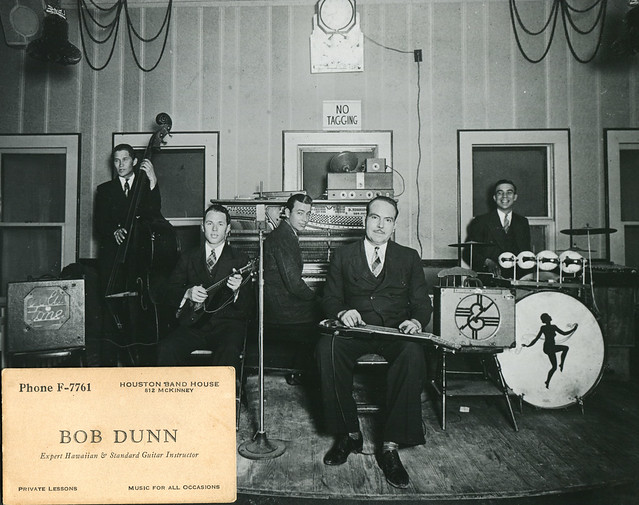 |
| Paul at my home in New Orleans |
It was a great/lousy time to be talking to me. I had just been diagnosed with a serious mental disorder (BiPolar 2) and through intensive counseling and drug therapy had been grappling with a long series of recovered memories from my dynamic and oft confusing upbringing. If you've a friend of mine for any amount of time, I sure the diagnosis will come as little surprise as I was for the last few years as one good pal noted "a slow moving train wreck." I left quite a few casualties in my wake of wild ranging manias and depressions. And as we approach the Jewish Days of Awe, I have quite a few folks I need to atone to before I enter the new year and my new life here in Southern Louisiana.
But at the Breslover Rebbe admonished: "if you believe something can be broken, then by definition it can be fixed." I hope the process of laying bare of every aspect of my personality, even the dark and unpleasant parts, that I encountered in the making of this little radio show for German public radio will finally allow myself a little rachmones for myself and by extension those around me.
But enough about me, here's me talking about me:
